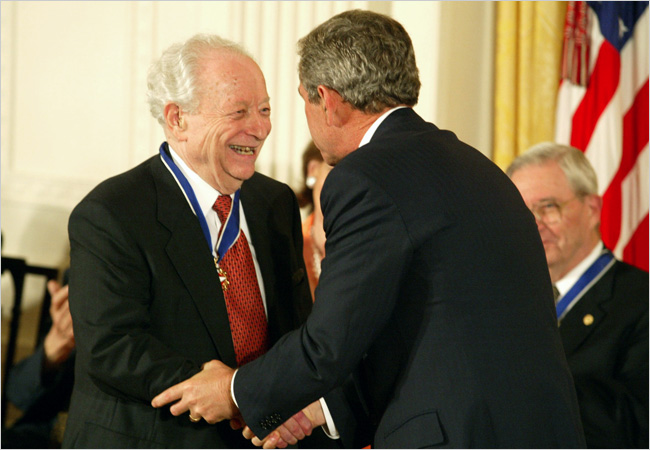I was hired in 1972 by the American Jewish Committee to serve as editor of a new magazine I named Present Tense. My vague assignment was to be more “Jewish” than the well-established and influential Commentary magazine, which, while also parented by the AJC, had shifted its primary attention to more worldly interests under Norman Podhoretz, its smart and creative editor, who had abandoned his and the magazine’s traditional liberalism and moved right, very far right, into the brawling territory of U.S. foreign policy and national politics. From 1972 to 1990, when we were closed down, my office was one flight below that of Commentary.
From the very beginning Present Tense was “a sort of counter-Commentary,” as Susan Jacoby, one of our regular columnists, shrewdly noted in her illuminating book, “Half-Jew: A Daughter’s Search for Her Family’s Buried Past.” Early on, a reader wrote us that we were doomed to obscurity and worse because the further we veered left, the more we became too liberal for the AJC’s conservative donors (they also had liberal donors, equally unhappy with Commentary). Even so, we lasted for many years, sometimes taking on the Israel Lobby, disdainful of Reagan for Iran-Contra and his proxy war in Central America, while celebrating his anti-nuke huddle in Reykjavik with Gorbachev and publishing all sides of the intractable Israeli-Palestinian conflict—and I mean, all sides, including right, center and left. We also refused to forgive and forget the ugly legacy of McCarthyism and how its impact still blunted dissent in the American Jewish world, as the novelist and journalist Anne Roiphe, another of our intrepid columnists, pointed out in our final issue. Continue reading “The Neocons: First in War, Last in Peace”




